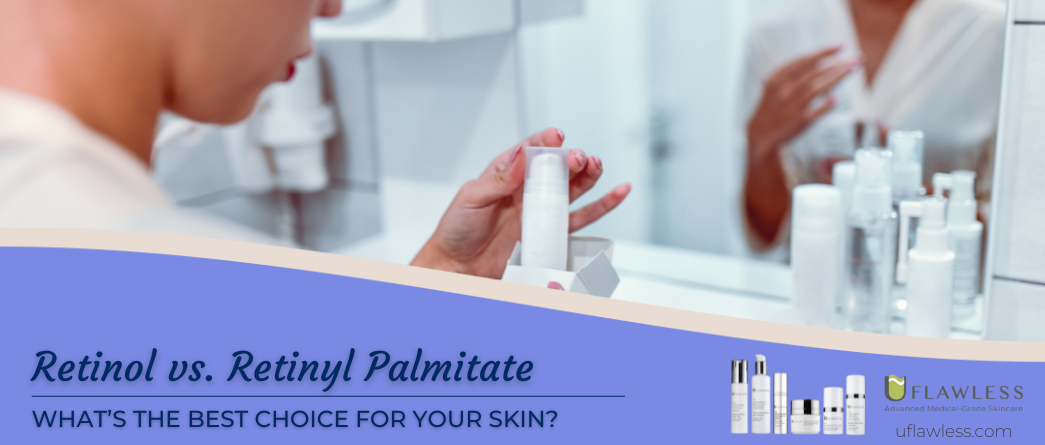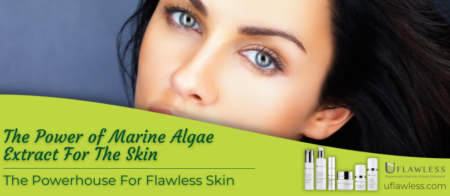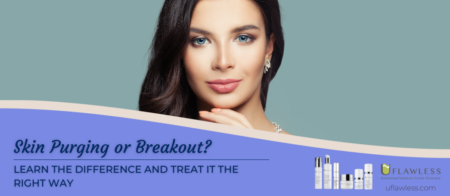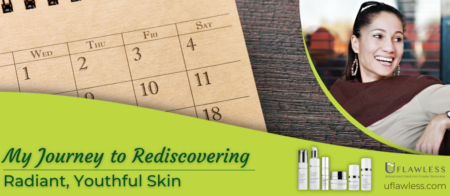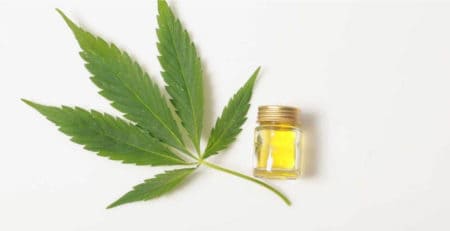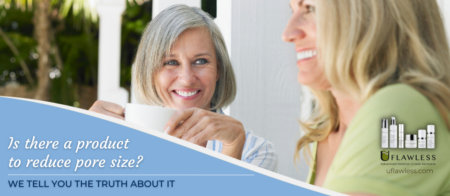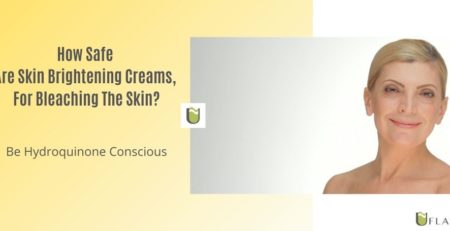Retinol vs. Retinyl Palmitate: What’s the Best Choice for Your Skin?
Getting to know whether Retinol vs. Retinyl Palmitate would be the best choice for your skin, we delve deeper into the world of beauty and wellness, demand for transparency and understanding.
This brings us to an essential comparison: Retinol vs. Retinyl Palmitate. Though they might appear similar at a glance, delving into their specifics reveals distinct differences.
Both ingredients are derivatives of Vitamin A, renowned for their antioxidant benefits, and play a pivotal role in hastening the process of skin renewal, promising that coveted glow.
The journey into their impact starts with understanding that Retinyl Palmitate acts as Retinol’s gentler sibling.

Retinyl Palmitate: The Smoother Form of Retinol
It’s a less potent variant, making it suitable for those with sensitive skin seeking a milder introduction to Vitamin A’s benefits.
Diving into the science, the ultimate form of Vitamin A, Retinoic Acid, is where the true power lies, directly influencing skin cell turnover and rejuvenation.
However, its availability is restricted to prescription-only, leaving Retinol and Retinyl Palmitate as the go-to options for over-the-counter skincare solutions.
These variants transform into Retinoic Acid upon application, with Retinyl Palmitate requiring a higher quantity to achieve effects comparable to Retinol.
So, when it comes to choosing between Retinol and Retinyl Palmitate, it’s not just about effectiveness but also about skin tolerance and preference.
Navigating the Nuances of Retinyl Palmitate
Retinyl Palmitate often emerges as a top contender for those treading lightly into the world of Vitamin A, especially for those with sensitive skin.
Its gentler approach compared to Retinol makes it a less intimidating option. However, its path hasn’t been without controversy.
Back in 2010, research raised eyebrows regarding its safety. Animal studies suggested a potential to accelerate tumor growth, casting a shadow of doubt over its use in humans.
Yet, in a twist, the American Academy of Dermatology presented findings affirming its safety, creating a mixed bag of opinions.
In such a landscape of contrasting studies, the wisest course of action is to seek guidance from a dermatologist.
They can provide personalized advice, weighing the latest scientific insights against your skin’s unique needs.
With Retinyl Palmitate being approximately 20% less potent than Retinol, it finds favor in sunscreens marketed for their anti-aging benefits.
This is where the irony kicks in – Retinoic Acid, the active form of Vitamin A, is known for its sensitivity to sunlight, presenting a paradox in skincare formulation and use.
This complexity underscores the importance of consulting with a skincare professional.
Our goal is to arm you with information grounded in scientific research, enabling an informed discussion with your doctor about the best path forward for your skin’s health and vitality.

Is Retinyl Palmitate as Good as Retinol?
For those with sensitive skin who might find Retinol a bit too much, Retinyl Palmitate could be the perfect alternative.
Here’s the deal: Retinyl Palmitate is like Retinol’s gentler cousin. It’s a bit less potent, which means it’s kinder to your skin, especially if you’re just dipping your toes into the world of Vitamin A.
While it may take a little longer to see dramatic results with Retinyl Palmitate compared to Retinol, it still brings a lot to the table.
It helps with skin renewal, fighting off those pesky signs of aging, and gives your skin a lovely boost, just at a gentler pace.
Is Retinol the Safe Skincare Hero You Need? Understanding Side Effects
Retinol has secured its place as a cornerstone in modern skincare, backed by years of research affirming its safety for regular use.
However, its journey to becoming a skincare staple hasn’t been without its share of hiccups, especially when it comes to side effects like dryness, flakiness, and redness.
These side effects generally stem from two main factors: the skin’s adjustment period to this potent active ingredient and the concentration of Retinol used.
Over-the-counter (OTC) Retinol products, typically featuring lower concentrations of around 0.2%, are designed to minimize the risk of irritation, making them a safer choice for most skin types.
Yet, the question often arises: Are these lower concentrations effective enough to reach the deeper skin layers where collagen and elastin thrive?
The optimal Retinol concentration for impactful results without compromising skin health is found to be between 0.5% and 1%.
It’s the blend with Phospholipids and Glycolipids that truly elevates Retinol’s efficacy, ensuring it delivers on its promise of promoting skin cell turnover while keeping the skin hydrated and reducing the likelihood of any redness.
The Smartest Retinol Formulation in the Market Today
This clever formulation strategy not only harnesses Retinol’s full potential but also safeguards your skin, making Retinol a reliable ally in your quest for a radiant, youthful complexion without unwanted side effects.
The Benefits of the X3 Age-Defy Retinol PM Serum
- Boosts skin cell turnover
- Stimulates Collagen in the Long Term
- Restoring radiant and youthful glow
- Minimizes dryness or peeling from conventional Retinoids
The Ultimate Lesson from Retinol: Patience Pays Off
Embarking on a retinol journey teaches us a valuable lesson: true transformation takes time.
For some, this might seem like a drawback of using retinol, a testament to our collective hunger for instant gratification.
However, this viewpoint misses the mark on the real beauty of retinol.
H4 – In a world where quick fixes are often sought after, retinol stands out by challenging this mindset.
It encourages us to embrace a more measured approach to skincare, one that values gradual progress over fleeting success.
This slow-and-steady ethos not only sets apart conscientious skincare brands but also fosters a healthier relationship between consumers and the products they choose.
By focusing on carefully selected ingredients that genuinely resonate with our skin’s needs, these brands champion the promise of lasting results over the allure of quick fixes.
This approach cultivates a cycle of mutual benefits, enhancing both our skin’s well-being and our trust in the products we use.
So, here’s to retinol, not just for what it can do for our skin, but for the bigger picture it paints a reminder that in skincare, as in life, patience is indeed a virtue.
Cheers to embracing the journey and the rewards it brings!


